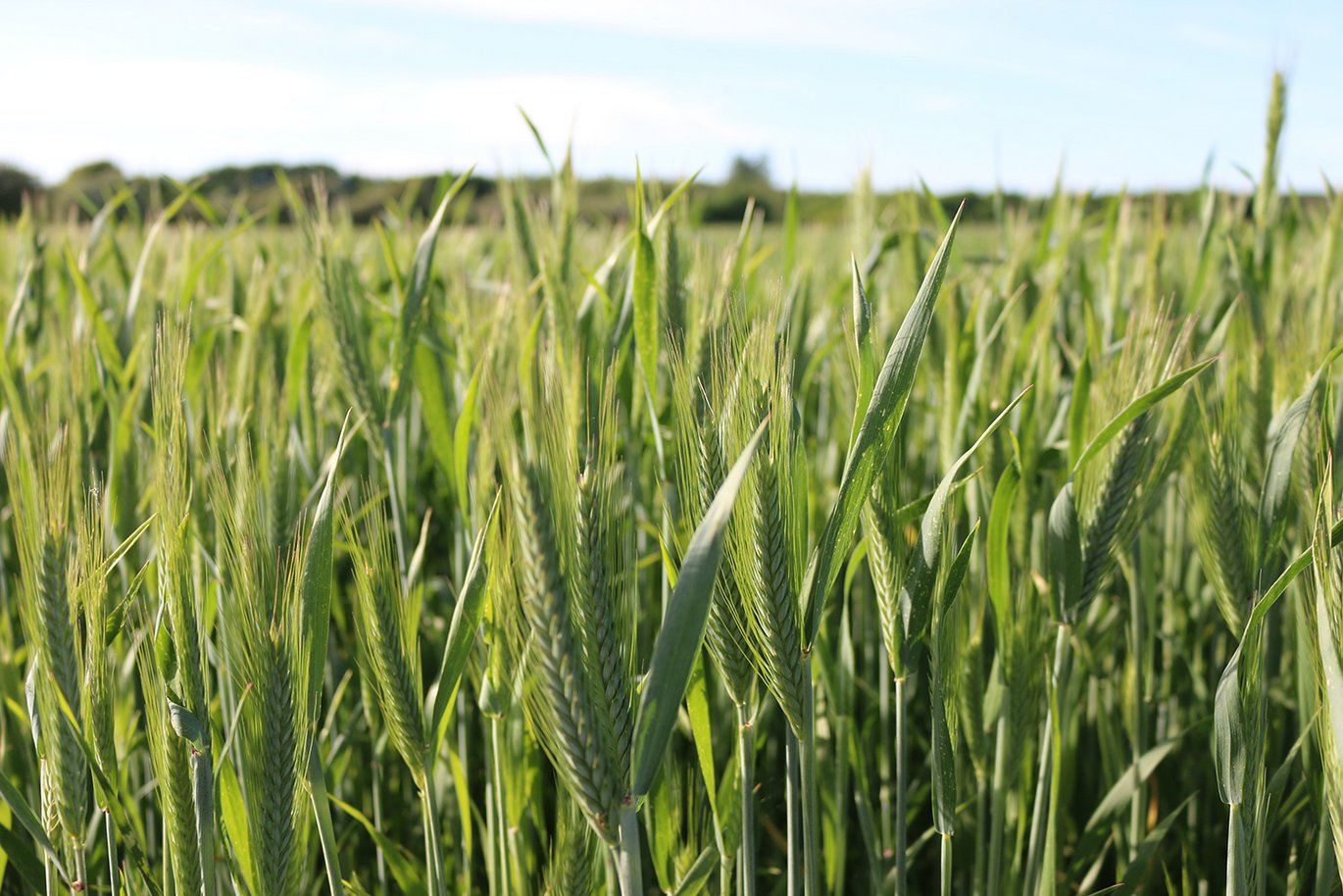Showcasing technologies to de-fossilise agriculture
A large pan-European network of researchers, farmers, companies and knowledge centres has established a platform showcasing hundreds of existing technologies that can help de-fossilise agriculture.

There are plenty of green, modern agricultural technologies, but their potential to help make the sector independent of fossil fuels is not being sufficiently exploited.
With funding from the EU Horizon 2020 Research and Innovation programme, farmers, companies, researchers and knowledge centres from across Europe have joined forces to establish the AgroFossilFree project.
The objective of the project is to showcase existing fossil-fuel-free agricultural technologies on the AgEnergy platform with the hope of getting them better implemented in agriculture.
"A lot of fossil-fuel-free technologies and strategies are being developed across the world, but unfortunately there is too big a gap between what is being developed and actual use of the technologies," says Professor Claus Grøn Sørensen from the Department of Electrical and Computer Engineering at Aarhus University.
He continues:
"In this project, we’re making the technologies and strategies easily accessible to everyone, and we hope that this will encourage more famers and other stakeholders to take a look at what’s available. The aim is to have more of the technologies implemented, but also to find any barriers or problems that might exist with regard to their implementation."
The project has recently launched a database, through which the project partners, including representatives from nine European countries and a large number of agricultural organisations and companies, are sharing available fossil-fuel-free technologies and strategies. Stakeholders can search the database and find inspiration from the many technologies.
The database already contains more than 900 fossil-fuel-free technologies within energy-efficiency improvement, production optimisation, emissions reduction, carbon sequestration in the soil, etc., as well as strategies for how to gain financial, agronomic and environmental benefits in agricultural production in a sustainable manner.
"A great number of digital technologies and IT solutions exist today with potential to significantly increase efficiency in agricultural production, and I'm not only talking about self-driving tractors and automated weed control. There is a multitude of opportunities to introduce "green" technologies in all parts of agriculture, and the technologies have been developed in collaboration with farmers," says Claus Grøn Sørensen and continues:
"70-80 per cent of the agricultural technologies sold throughout the world today have built-in intelligent systems. However, only 20-30 per cent actually use these systems. Efficiency improvements do not appear out of the blue, and so we hope that our database will be a success."
Claus Grøn Sørensen encourages you to register on the AgEnergy platform via this link, if you are interested.
AgroFossilFree is being coordinated by the Centre for Research and Technology Hellas (Certh) and includes a large number of partners from nine countries. The consortium includes researchers, agricultural organisations, farmers, industrial partners and service providers, grouped into eight international innovation hubs. Denmark is represented by SEGES and Aarhus University, for example.
Contact
Claus Grøn Sørensen
Professor, Department of Electrical and Computer Engineering
Mail: claus.soerensen@ece.au.dk
Tel.: +4522827547
